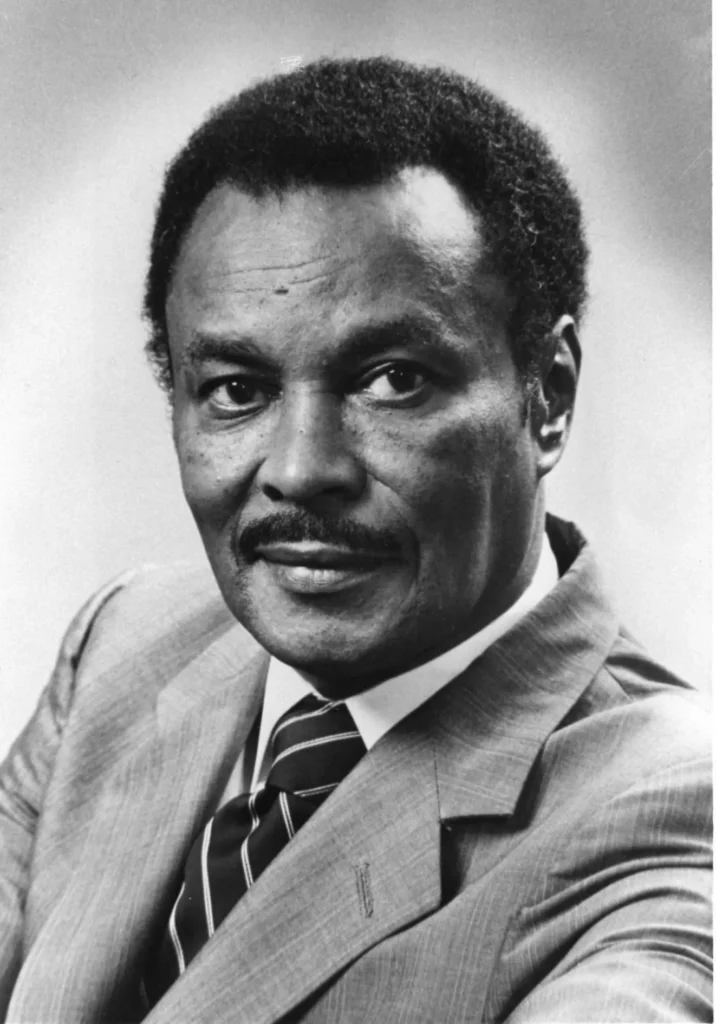

On March 16, 2025, the National Civil Rights Museum proudly celebrates the 100th birthday of A.W. Willis, Jr., a trailblazing attorney, businessman, and civil rights leader who dedicated his life to justice and equality. Willis’ legacy is one of historic firsts – barriers broken, institutions reformed, and a relentless fight for the rights of African Americans in Memphis and beyond. His vision helped shape the civil rights landscape, and today, we honor him as one of the architects of progress.
Willis’ life was defined by groundbreaking achievements. In the 1950s, he co-founded Memphis’ first integrated law firm, Ratner, Sugarmon, Lucas & Willis, at a time when Black attorneys were routinely denied access to legal institutions. As counsel for the NAACP, he defended sit-in demonstrators and played a key role in landmark cases that desegregated Memphis City Schools and the University of Memphis. His legal advocacy extended to James Meredith’s historic battle to integrate the University of Mississippi, a case that ignited national conversations on race and education.
In 1964, Willis became the first African American elected to the Tennessee Legislature since Reconstruction, ending nearly a century of exclusion from political office. He used his position to fight for redistricting, minimum wage laws, and equal representation, ensuring that Black voices were heard in state government. Three years later, he became the first Black candidate for Memphis mayor, paving the way for future leaders. Though his bid was unsuccessful, his candidacy challenged the political status quo and inspired a new generation of Black leadership.
Beyond politics, Willis understood that economic empowerment was critical to civil rights. He founded Mutual Federal Savings and Loan in 1955, a Black-owned institution that provided home loans to families shut out by discriminatory lending practices. He later co-founded Supreme Mortgage & Realty Co., the South’s first Black-owned mortgage company, helping African Americans achieve homeownership and stability in an era of segregation. His commitment to housing justice shaped Memphis communities, ensuring Black residents had access to safe, affordable homes.
One of Willis’ most enduring legacies is the National Civil Rights Museum, the first of its kind in the country. He was instrumental in raising funds and galvanizing community support to transform the Lorraine Motel – a site of tragedy with the assassination of Dr. Martin Luther King Jr. – into a beacon of history and education. Thanks to his efforts, the museum now stands as a global institution dedicated to civil rights history, ensuring that the struggles and victories of the movement are never forgotten.
As we celebrate his centennial, we recognize not only the obstacles Willis overcame but the courage it will take to continue his work. His legacy challenges us to preserve Black history, advocate for justice, and inspire future generations. The National Civil Rights Museum remains committed to upholding his vision and ensuring that his impact endures.
Happy 100th, Mr. Willis. Your legacy lives on.
